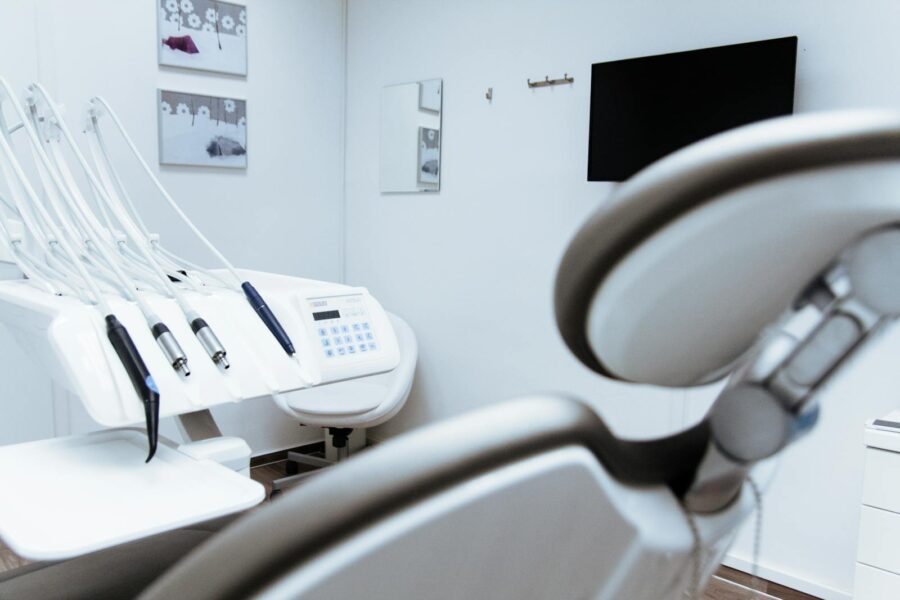More than one million working-age adults in England have not visited a dentist in over two years, according to a new analysis, raising concerns about the impact of poor oral health on employee wellbeing, productivity and long-term health.
The study, conducted by UK employer consultancy firm Broadstone, reveals that 5.9% of people aged 16 to 64 with access to NHS dental services or dental hospitals have missed routine check-ups during this period.
The analysis also highlights that 12% of the English population, approximately 5.7 million people, do not have a dentist at all. Of these, around 4.9 million are of working age. This lack of dental care access is particularly pronounced in certain regions. The South West, for instance, has the highest proportion of residents without a dentist, at 16.9%, followed by the North East and Yorkshire, at 13.7%, and the East of England at 11.6%.
Regional Disparities in Dental Access
Further examination reveals that specific areas within these regions face even more significant challenges. Cornwall and the Isles of Scilly report that 23.3% of residents lack access to a dentist, while Bristol, North Somerset and Gloucestershire collectively stand at 20.7%. Devon follows closely with 19.7% of its population without dental care.

Meanwhile, the analysis shows that urban areas have the highest proportion of individuals without a dentist, at 13.1%. In contrast, rural villages fare slightly better, with 10.5% of residents lacking dental care access.
Health Implications and Employer Involvement
Broadstone client consulting director Emily Jones said it was vital for employee health and wellbeing that their dental health needs were met.
“These findings shine a light on a growing and concerning issue around access to dentistry in England,” she said. “Oral health is a critical foundation of overall wellbeing, and untreated dental issues can lead to more severe health risks, from infections and sleep disruption to cardiovascular problems.”
Jones said a growing number of employers were recognising the importance of including dental benefits in their healthcare offerings to support employee wellbeing and productivity.
Government Initiatives and Ongoing Challenges
In response to the dental care crisis, the government launched an NHS Dental Recovery Plan in February 2024, supported by £200 million in funding. It aims to deliver up to 2.5 million additional NHS dental appointments over 12 months, including up to 1.5 million extra treatments.
Despite these efforts, access to NHS dentistry remains below pre-pandemic levels. Only 40% of adults were recorded as having seen an NHS dentist in the 24 months up to March 2024, compared to 49% in the 24 months prior to the pandemic, according to official figures. Additionally, there are 483 fewer dentists providing some NHS care compared to the 2019–2020 period.
The persistent challenges in accessing dental care underscore the need for systemic reforms to ensure equitable oral health services across England, said Jones. It was crucial, she said, for employers to continue providing healthcare benefits that improved access to care, promoted overall health for the workforce, boosted productivity and helped to reduce the strain on NHS services.


